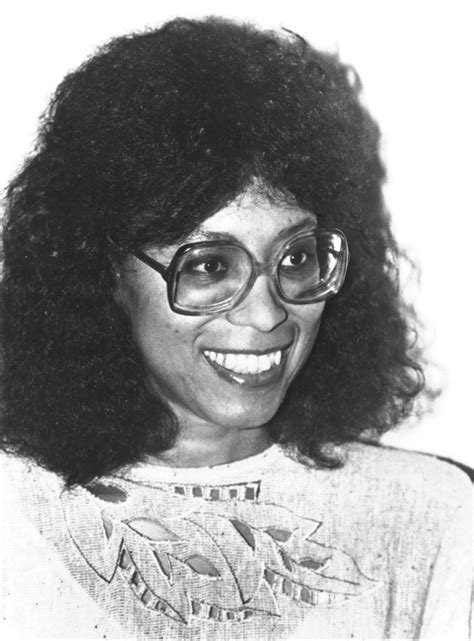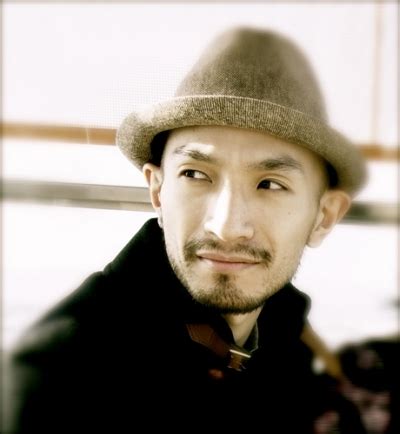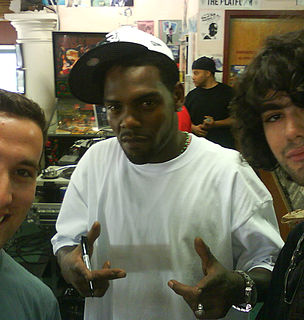A Quote by John Patrick Shanley
Everything is painful, so why not be honest about the pain?
Related Quotes
You know the pain is part of the whole thing. And it isn’t that you can say afterwards the pleasure was greater than the pain and that’s why you would do it again. That has nothing to do with it. You can’t measure it, because the pain comes after and it lasts longer. So the question really is, Why doesn’t that pain make you say, I won’t do it again? When the pain is so bad that you have to say that, but you don’t.
Although there are those who wish to ban my books because I have used language that is painful, I have chosen to use the language that was spoken during the period, for I refuse to whitewash history. The language was painful and life was painful for many African Americans, including my family. I remember the pain.
Facing the darkness, admitting the pain, allowing the pain to be pain, is never easy. This is why courage - big-heartedness - is the most essential virtue on the spiritual journey. But if we fail to let pain be pain - and our entire patriarchal culture refuses to let this happen - then pain will haunt us in nightmarish ways. We will become pain's victims instead of the healers we might become.
I'm just talking in my songs about what's going on, what's exactly happening right now. If I was upset about something, I wrote a song. There's nothing I can't speak on. And everything I learned is from real-life experience, all first-hand: contracts, record companies, representation, everything. It's not from books: It's coming from the the heart. You can feel my pain, you can hear me turning my pain into a party. I'm not gonna let no one take the fun out of it.
[Being judge] is about being honest and giving everybody a fair shot and telling them what you think. Sometimes it's good and sometimes it isn't. It's more important to be honest than say things to make people feel better. I don't think you have to be rude, but I think you have to be honest. But I think it's really important to be specific: Here's what you did that was great and why. And here's what you did that wasn't great and why.






































